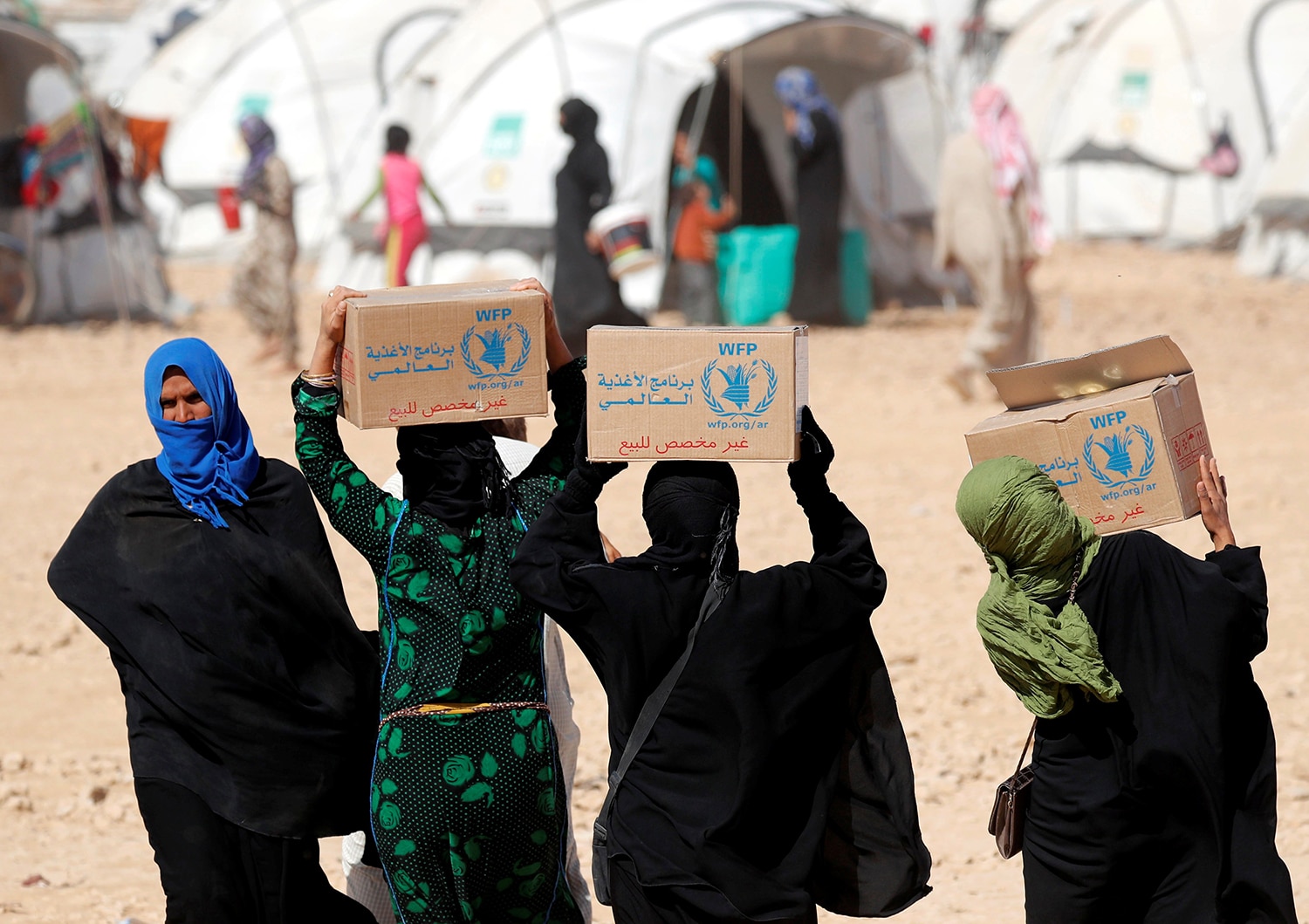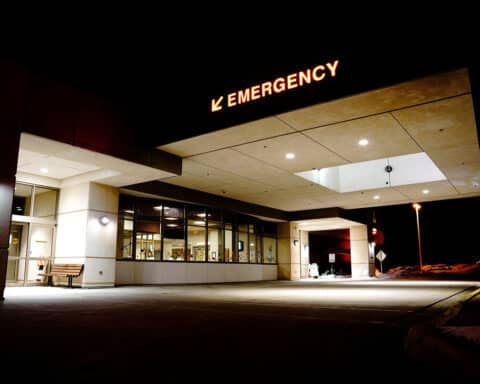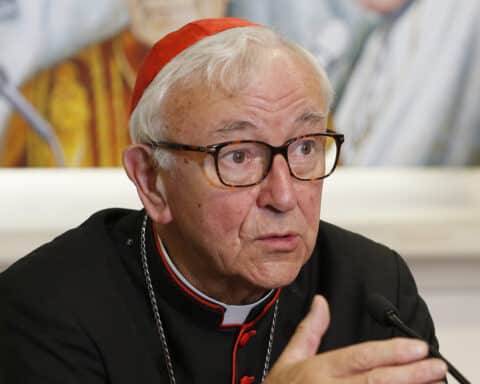AMMAN, Jordan (OSV News) — Catholics warn that Syrians are on the brink of starvation as the United Nations food program cuts off its assistance in the country this month.
“The Syrian people are condemned to die without being able to say a word,” Archbishop Jacques Mourad of Homs told Vatican Radio. “It is a terrible and unfair decision. For us, it is as if the world were telling the Syrian people, ‘You are condemned to die, without raising your voice, without saying anything.’ And for what? What is the fault of the Syrian people?” he asked.
The U.N. World Food Program, or WFP, said it would end its main assistance program this January across war-torn Syria, where over 12 million people lack regular access to sufficient food. It cited a funding crisis resulting from the COVID-19 pandemic, the war in Ukraine and now the conflict in Gaza as reasons for the decision.
In recent years, WFP also scaled down provisions to Syria and neighboring countries, like Jordan, which hosts millions of Syrians fleeing the conflict, which is now in its 13th year. The devastating earthquake that hit northwest Syria, bordering Turkey, in February 2023, also has further exacerbated the food crisis.
“The church, along with nongovernmental organizations, cannot cover all the needs of the Syrian people because their financial capacity is limited,” explained Archbishop Mourad, who was appointed a year ago to head the Archdiocese of Homs, the third largest city in Syria.
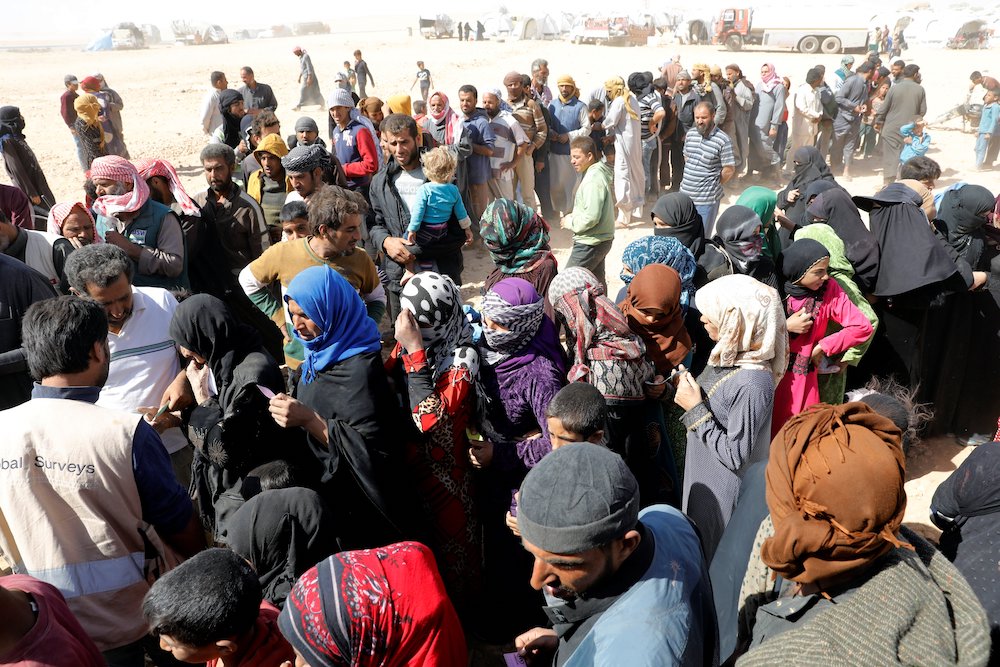
Extinguishing hope
The decision by WFP will “throw the Syrian people into complete despair, extinguishing any glimmer of light our faith and hope had left. This is the end for us,” said Archbishop Mourad, making a fervent appeal for help from the international community to keep the Syrians from dying of hunger.
“It’s the worst situation ever in Syria,” said Andrea Avveduto, communications chief for Pro Terra Sancta. “We’re continuing our projects and our assistance to provide food, essential needs, medicines. Still the number of people in need is increasing day by day. They are looking for help and for food. But I have to be honest, they also ask for help to leave the country due to the dire situation. And this is very sad,” he told OSV News.
Pro Terra Sancta, based in Jerusalem and Milan, Italy, supports the Franciscan Custody of the Holy Land. Since the start of the conflict, it has aided Franciscan fathers in Syria by opening four emergency centers in Damascus, Latakia, Aleppo, Knayeh and Yacoubieh, the latter places of which are found in northwest Syria.
“We are living the prayer of the Our Father: ‘Give us this day our daily bread.’ I’ve been living in Syria since 2015, but the situation has never been this tragic before,” said Franciscan Father Fadi, who serves with Pro Terra Sancta in the western Syrian city of Latakia.
“We’ve never seen days like these. People cry, they are truly desperate. They live on a daily basis. There is no hope for the future,” he said, underscoring Catholic concerns.
“Every day it gets worse, families depend only on aid from NGOs operating in Syria, but it is never enough. We thank the association (Pro Terra Sancta) for the facilities it has provided us and because it continues to feed so many people in need. We pray for our benefactors and that something may change here, for the good of the Syrian people,” said Father Fadi, who only provided his first name.
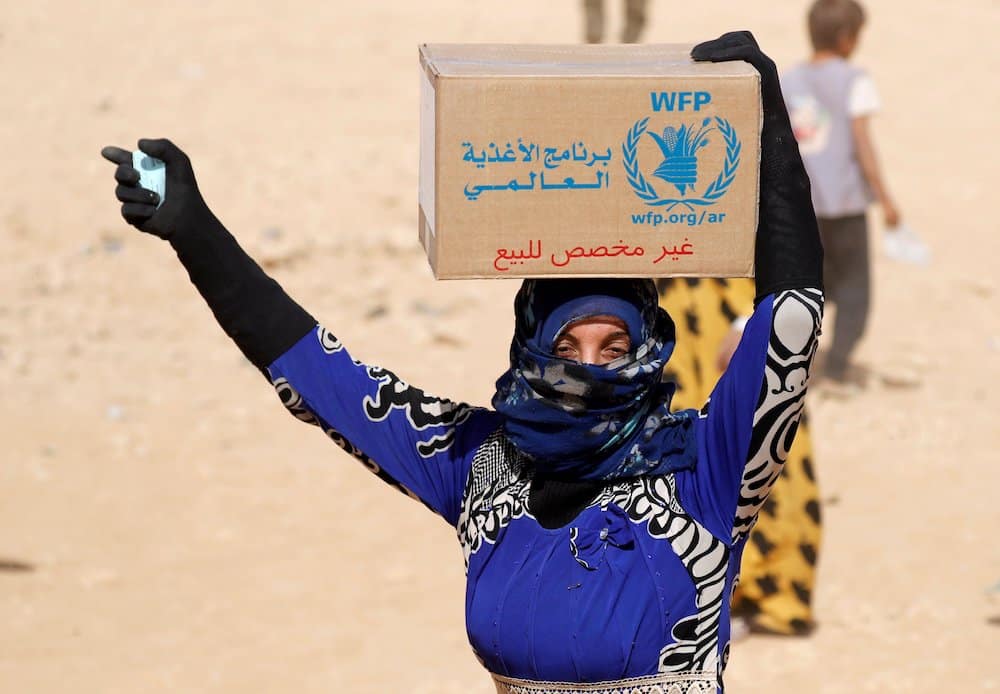
Efforts to rebuild
But Avveduto said his group has difficulty getting aid into Syria due to international sanctions that forbid the transfer of funds into the country, particularly into the north, from Lebanon and Jordan.
Pro Terra Sancta says those funds must get to the Franciscans to help those in need.
“There is great hunger due to a lack of work, food, medicines, basic items and means. It seems to be the worst moment for Syria since the beginning of the war,” Avveduto said.
“Now 2,000 people come every day to the church kitchen in Aleppo. We encourage 1,500 children in another church project. Every day, the Syrian currency is losing its purchase power,” he lamented.
“Also with the Gaza crisis, Israeli forces have targeted a number of areas in Syria with bombing, some in the Aleppo area, Damascus Airport,” based on the belief that Iran is using Syria to provide arms to Hamas and Hezbollah, Avveduto said. “So, this complicates a situation that is already very bad,” he explained.
“There are still many problems resulting from last year’s earthquake, where almost 80% of the buildings were destroyed. Even a lot of Christians in the northwest are forced to sleep in the refugee camps because of the destruction, but it’s not safe for them because there are also militants there. But they have no other possibility,” Avveduto said, underlining the concerns.
Avveduto said Pro Terra Sancta has been trying to help rebuild, “but it is difficult because permits are required from the governing authorities. Money, workers, and materials are needed. We are seeing what we can do, however the current challenges the region faces (due to the Gaza crisis) also make this uncertain.”

